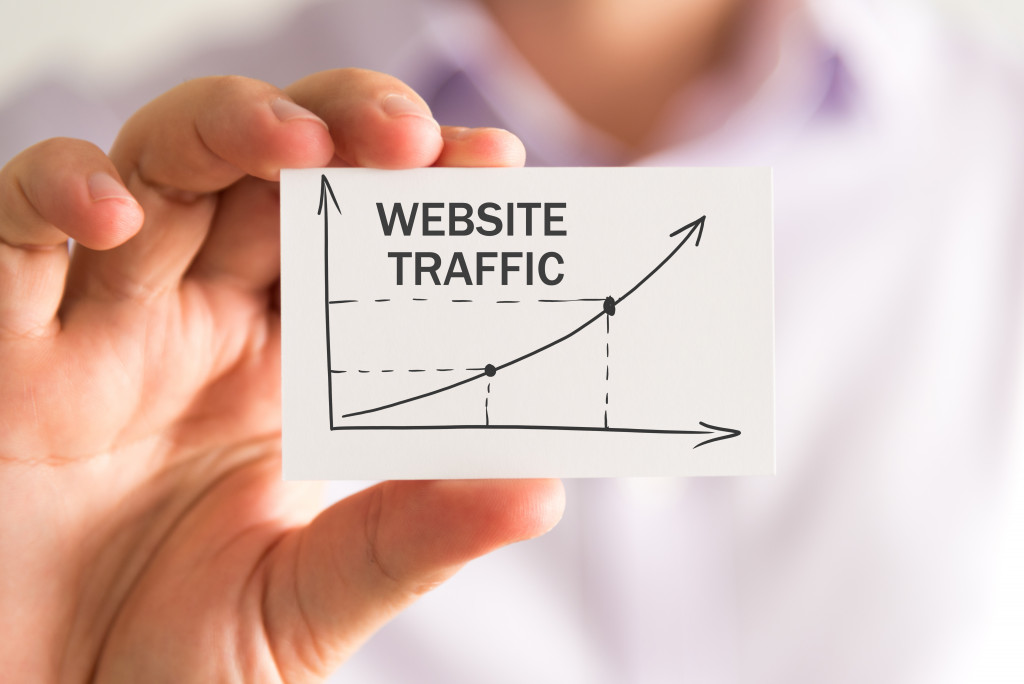Technology has helped everyone in business in some way, whether communicating with clients or suppliers or managing employee productivity. And the evolution of technology has led to the development of some truly unique and innovative business tools- tools you won’t find every day. They might be rare, but they can be incredibly useful for your business. These technologies can help you solve unique problems or give you a competitive edge in your industry.
In this article, we’ll look at examples of business technologies you won’t find every day.
3D Printing
In the business world, time is money. That’s why companies are always looking for ways to improve efficiency and reduce wasted time. One of the most promising new technologies in this area is 3D printing. Also known as additive manufacturing, 3D printing creates three-dimensional objects from a digital file. This technology has many applications, from creating prototypes to manufacturing products.
The most promising aspect of 3D printing is its potential to drastically reduce lead times. Traditional manufacturing can take weeks or even months to produce a product. With 3D printing, that time can be reduced to hours or even minutes. This makes it an ideal technology for businesses that need to move quickly and adapt to change. As 3D printing becomes more accessible and affordable, we’ll likely see more businesses adopting this technology in the years to come.
Industrial-grade Computers
We’ve come a long way from the early days of computing when massive mainframes filled entire rooms and were only accessible to a handful of people. Nowadays, even the most basic laptops are more powerful than those early behemoths. However, there are still some businesses that require industrial-grade computers.
These machines are designed to withstand harsh conditions and can run for days or even weeks without being shut down. They’re often used in manufacturing or other industrial settings, where they need to be able to handle high temperatures, dust, and vibration. For example, industrial computers use MRAM (magnetoresistive random-access memory), which is more resistant to corruption than traditional RAM. This makes them ideal for applications where data reliability is critical.
Industrial-grade computers are also used in military applications, where they must withstand extreme conditions. Suppose your business needs a computer that can handle just about anything. In that case, an industrial-grade machine is probably the way to go.
ERP systems
ERP stands for enterprise resource planning, a type of business software that helps organizations manage and automate many different business processes. While ERP systems are not necessarily new or cutting-edge, they are not as common as some other types of business software, such as CRM or accounting software. However, ERP systems can benefit businesses, especially large organizations with complex operations.

ERP systems’ benefits include improved efficiency, better decision-making, and increased transparency. Suppose your business is considering implementing an ERP system. In that case, it is important to do your research and choose a system that will meet your specific needs. However, an ERP system can be a great way to improve your business’s operations.
Augmented and Virtual Reality
While many businesses have incorporated popular technologies such as cloud computing and social media into their daily operations, some are now exploring the potential of virtual and augmented reality. Augmented reality (AR) involves using computer-generated images to enhance a user’s view of the real world. In contrast, virtual reality (VR) offers a completely immersive experience.
The gaming industry was one of the first to adopt VR technology. Still, it is now being used in a variety of other industries as well, from retail to healthcare. AR is used for everything from navigation to product design, and its potential applications are only limited by the imagination. As businesses continue to find new ways to incorporate these technologies into their operations, we can expect to see even more amazing examples of business technology in the future.
Manufacturing Execution Systems (MES)
Despite the prevalence of technology in today’s society, many businesses still rely on outdated production methods. This can lead to inefficiencies and a lower quality product. One type of technology that can help to address these issues is a Manufacturing Execution System MES.
MES is a software system designed to manage and monitor the manufacturing process. It can track production data, schedule workers, and control inventory levels. Additionally, MES can help optimize production by identifying bottlenecks and areas of waste. As a result, it can be a valuable tool for any business looking to improve its manufacturing process.
Final Thoughts
You may not find many different types of business technology every day. While some of these technologies may be rare, they can be incredibly useful for your business. In this article, we have highlighted a few examples of unique business technologies you might want to consider using in your organization.



